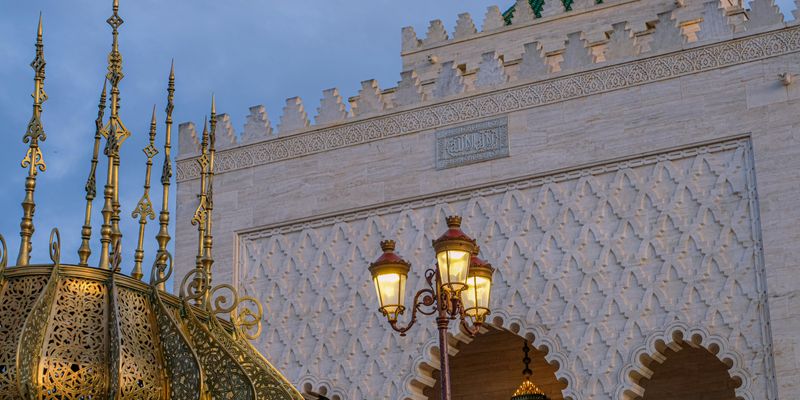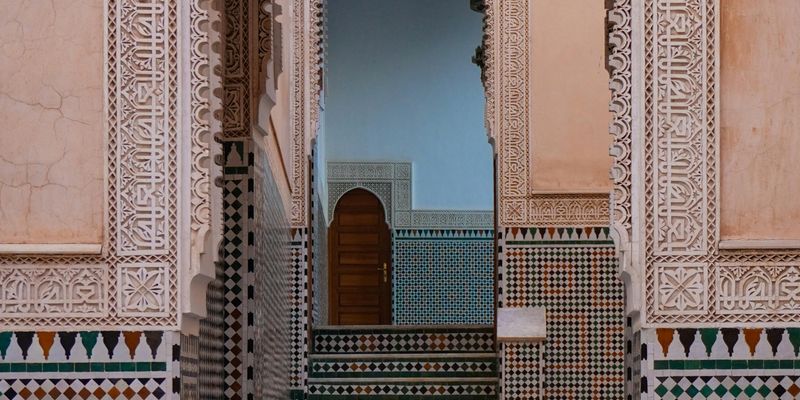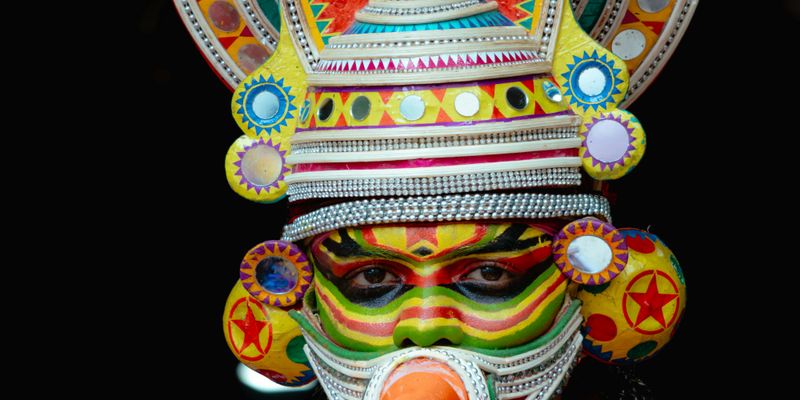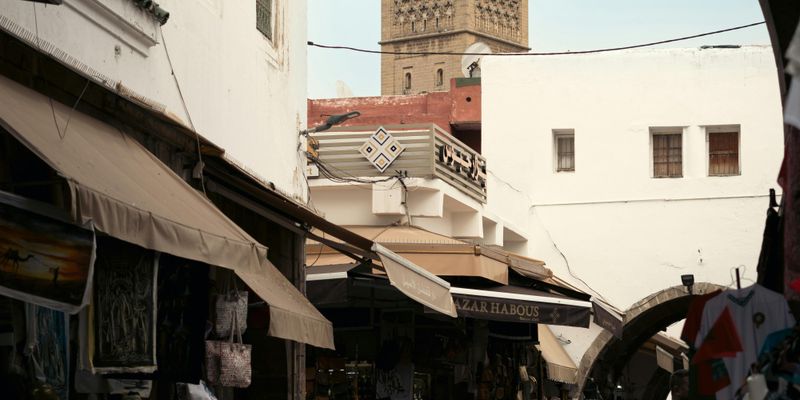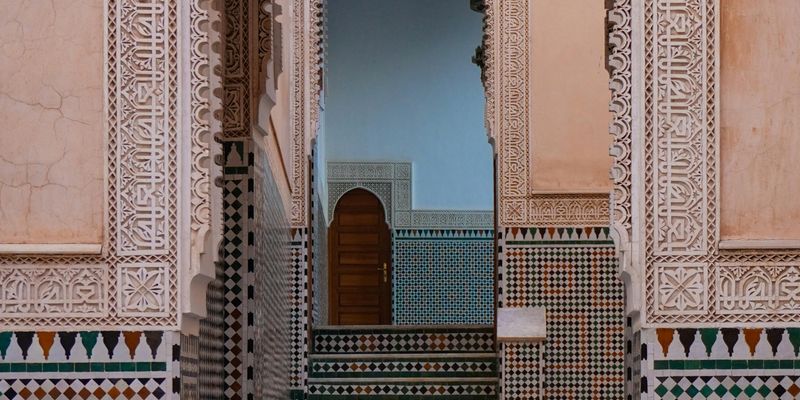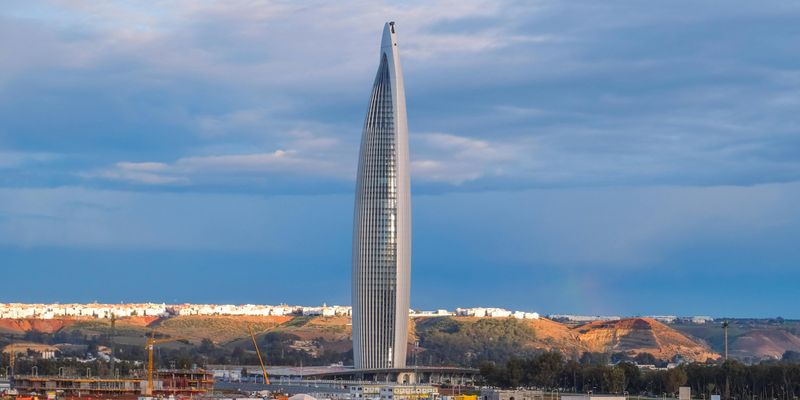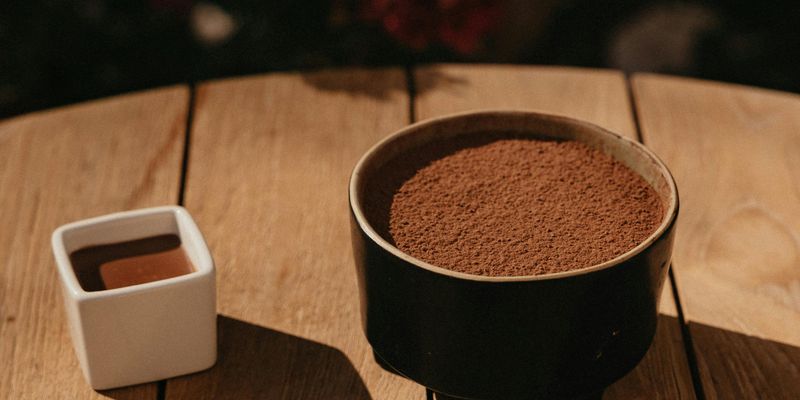
Welcome to the Flavors of Morocco
When you think of Morocco, images of stunning landscapes and vibrant souks (markets) might come to mind. But just as mesmerizing is our culinary scene, a tapestry woven from a rich history, diverse cultures, and of course, the boundless creativity of our cooks. Join me as we embark on a culinary journey through my beloved Morocco!
A Symphony of Spices
Moroccan cuisine is an enchanting blend of flavors and fragrances, largely thanks to our extraordinary array of spices. Ras el Hanout, a spice mix that translates to "the head of the shop", is the pinnacle of our spices, often used to elevate tagines and couscous.
In the bustling streets of Marrakech, you'll often find spice merchants displaying colorful towers of saffron, cumin, and cinnamon. One afternoon in the historic Medina, I wandered into a spice shop where the shopkeeper offered me samples and shared the history of each spice. The warmth and hospitality of our people are engraved in every experience, and this was a perfect example of that sharing spirit.
The Heart of Moroccan Cuisine: Tagine
Speaking of tagines, let’s dive deeper into this iconic dish. A tagine is not just a meal; it’s a culinary technique of slow-cooking using a conical clay pot, which allows flavors to meld beautifully. You can find countless variations; from tender lamb with apricots to vegetarian versions with seasonal veggies.
On my last visit to Agadir, I participated in a cooking class where we prepared a traditional chicken tagine with preserved lemons and olives. The aromatic dish simmered for hours, filling the kitchen with enticing scents. The first bite transported me back to my grandmother’s kitchen – it was nothing short of magic.
Couscous: Celebrating Fridays with Family
No discussion about Moroccan food would be complete without mentioning couscous. This staple dish, made from steamed semolina, is a national treasure. Traditionally served on Fridays, it embodies the spirit of community and family. Each grain of couscous carries the essence of the gathering that surrounds it.
In my family, Fridays are a sacred time. We come together at my parent's home, where my mom lovingly prepares her famed seven-vegetable couscous. It delights the palate with a mix of hearty vegetables and often tender meat. Sharing this meal while recounting stories and laughter is a cherished part of our culture.
Sweet Endings: Moroccan Pastries
As our meal comes to an end, we can’t forget about dessert. Moroccan pastries are a decadent affair, with varieties infused with honey, almonds, and orange blossom. Baklava, a sweet pastry made from layers of dough and nuts, and chebakia, a honey-coated sesame cookie often enjoyed during Ramadan, showcase our region’s sweet tooth.
One of my favorite experiences was during Ramadan when I joined a local family in their home to break the fast. They laid out a feast – bowls of chebakia filled the table, accompanied by fragrant mint tea. The sweetness of the pastries paired with the warmth of human connection exemplified the joy of Moroccan hospitality.
Final Thoughts: A Journey Beyond the Plate
Moroccan gastronomy is much more than a meal; it’s a cultural experience, a narrative of our history, and a celebration of community. Each dish tells a story, rooted in tradition and family, waiting for you to partake in. Whether you're savoring aromatic dishes in a bustling Marrakech souk or sharing a meal with locals in a quiet village, every bite immerses you deeper into the heart of Morocco.
So, as you contemplate your next adventure, remember that Morocco offers not just beautiful sights, but with every meal, a delicious piece of our soul. Join us on this culinary journey and discover why Moroccan cuisine is beloved around the world.
